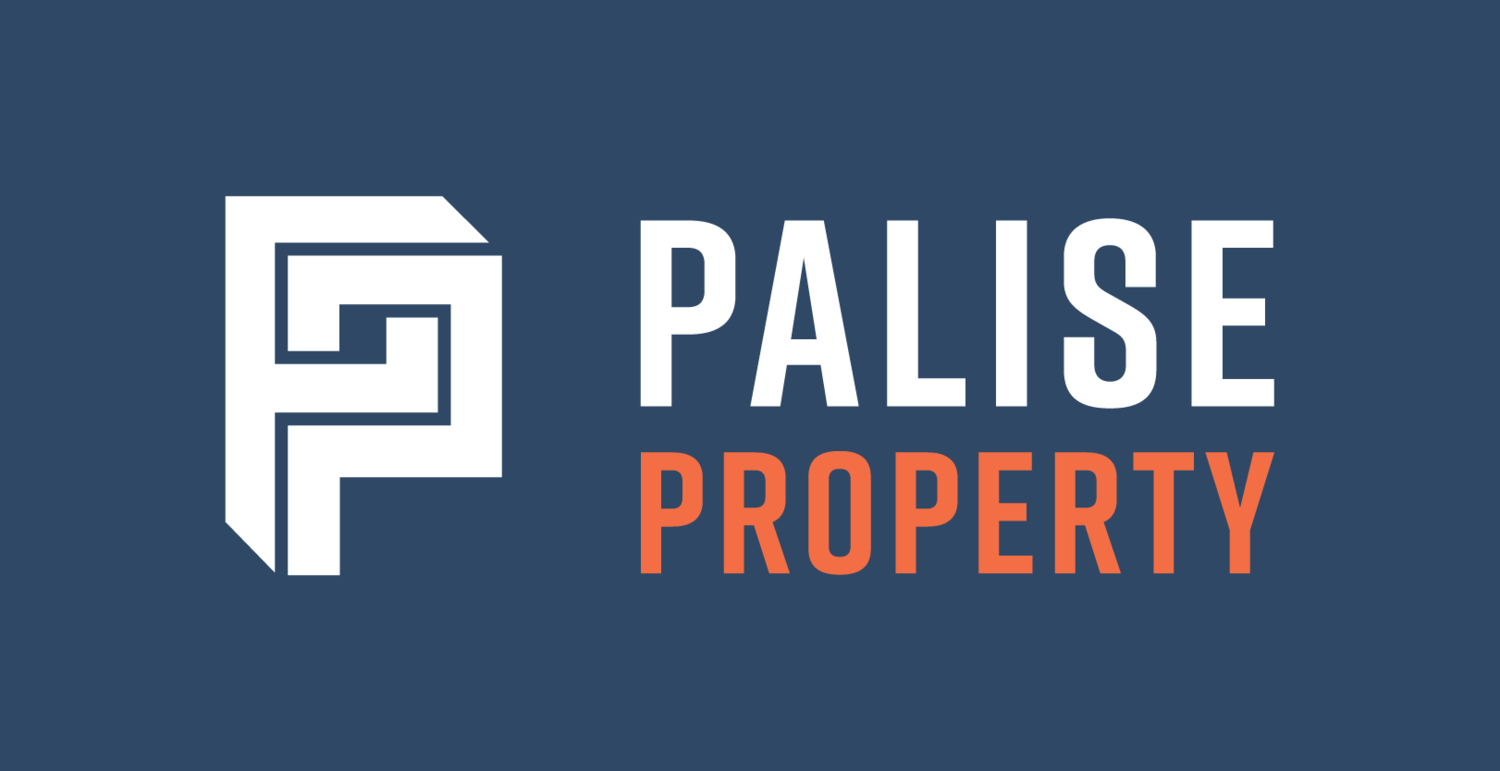The Residential Property Acquisition Process
Once you’ve done all the necessary preparation, searched for properties, and found the one you want to buy, the fun part begins: the acquisition process.
Acquiring a property involves three primary stages and periods:
The negotiation stage
The ‘under contract’ period
Settlement
Here’s what you need to know about navigating all three with confidence.
Winning at the Negotiation Stage
Both the price of the property and the terms of the sale can be negotiated when you acquire a property. But you need to know that it can take anywhere from hours to weeks or months, depending on how much the seller is willing to negotiate down and how much back and forth there is.
The good news is, you’re not necessarily the one that’s going to be facilitating the negotiations unless it’s a private sale you are doing directly with the owner. Instead, the agents will manage this. It’s also worth pointing out that, unless you’re negotiating at an auction, you aren’t making any legal commitments at this stage. So, the process can be formal or informal (i.e., you can negotiate in writing or have your agents do it verbally).
The key to succeeding at the negotiation stage is confidence.
Although the agents will be doing the actual negotiating, it all comes down to how you want to negotiate. In most cases, if you can leave your ego at the door and base your negotiations on facts, you'll come out on top. So, make sure you and your agent:
Know the area well
Have a comprehensive overview of the comparable sales and rents
Know how long the property has been on the market
Have carried out your initial due dilligence
Understand the cap rates and yields
If you have all these ducks in a row, I have no doubt you can work with the seller's agent and reduce the price.
Remember: The seller’s agent is going to tell you all the reasons why the price should not be negotiated down. It’s your job to leverage any potential ‘negatives’ that you found in your research and due diligence that will give them no other option but to reduce the price.
One more tip: going too low isn’t the goal here. Making an extremely (unreasonable) offer and refusing to budge will result in you missing out on a suitable home for a price you would have been happy to pay. You will also lose agents’ respect, and they will be less inclined to want to work with you on future properties because you won’t be seen as a serious buyer.
Navigating the ‘Under Contract’ Period
Once you’ve negotiated and agreed on the terms and the final sale price, you’ll move on to the paper work.
Important: Before you sign the contract, you must have your conveyancer or solicitor review it to make sure that there aren’t any potential red flags.
Once all the contractual due diligence is out of the way, you can sign it. This is when you’ll enter the ‘under contract’ period and have to:
Organise a building and pest inspection
Finalise finance
Organise a strata inspection (if necessary) or any other pre-purchase reports, such as a valuation
Perform due diligence
Once you have completed the building and pest inspections and all the other due diligence, you must review the findings as soon as possible. Any items that you pick up in the report can either kill the deal or be a great negotiating tool to achieve a price reduction.
Tip: Never stay in a deal just because you’ve invested some funds. The due diligence costs are minimal compared with the financial hit you’ll take by purchasing an unsuitable property.
Finalising the Acquisition with the Settlement
At this stage, you have one final hurdle before you prepare for settlement day. Thankfully, your solicitor or conveyancer will handle all the final paperwork, but you need to make sure you have the following in order:
Insurance: Anything can happen between the time you exchange contracts and the time you settle.
Key collection info: Make sure you know who has the keys and when you can collect them from the agent, your conveyancer, or your solicitor.
Pre-settlement inspection: You want to make sure that the property is in the same condition as when you performed your earlier inspections.
Shortfall of money for settlement: In most cases, you’ll get a breakdown of the funds from your conveyancer or solicitor 1-2 weeks before the settlement date. But you should make sure you have whatever funds and/or bank authorisations are ready to prevent any last-minute issues.
Key Takeaways
The acquisition process is the last hoop you have to jump through before you can start moving your furniture into your new property - and it generally involves three stages: negotiation, ‘under contract’ and settlement
Your negotiation strategy is the key to securing the property at the price you want. But remember to not be too unreasonable.
Once you’ve signed on the dotted line and are ‘under contract', you need to perform all the neccessary due diligence to ensure you’re not settling on defective property.
If you get through the first two stages successfully, all that’s left to do is settle. But before you do that, get insurance, conduct one final inspection, and make sure you have the necessary funds and authorisations ready to go.
If you're interested in investing in residential property and would like to learn more about what it entails before and after the acquisition process, I have written a book, Residential Property Investing Explained Simply - which covers the ins and outs of investing in property.
Alternatively, if you want to know how I’ve helped investors acquire a range of residential properties, feel free to contact us today.
